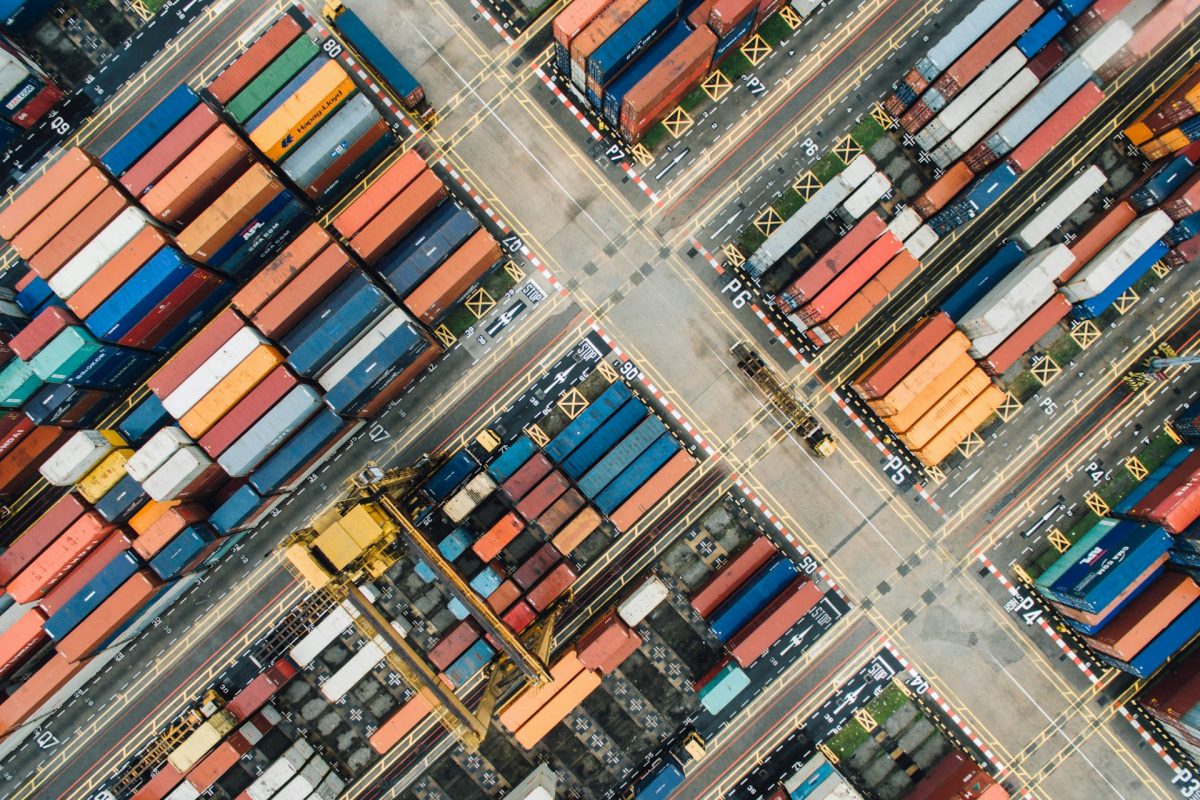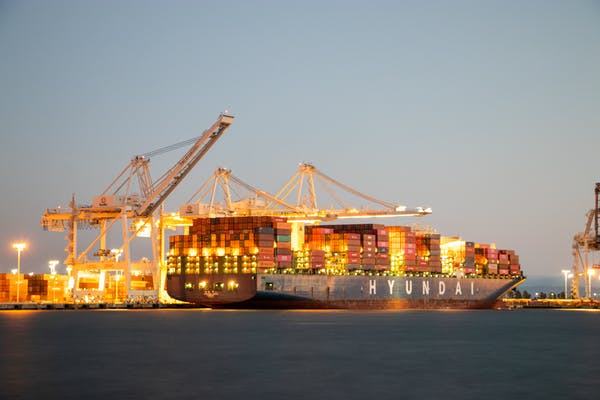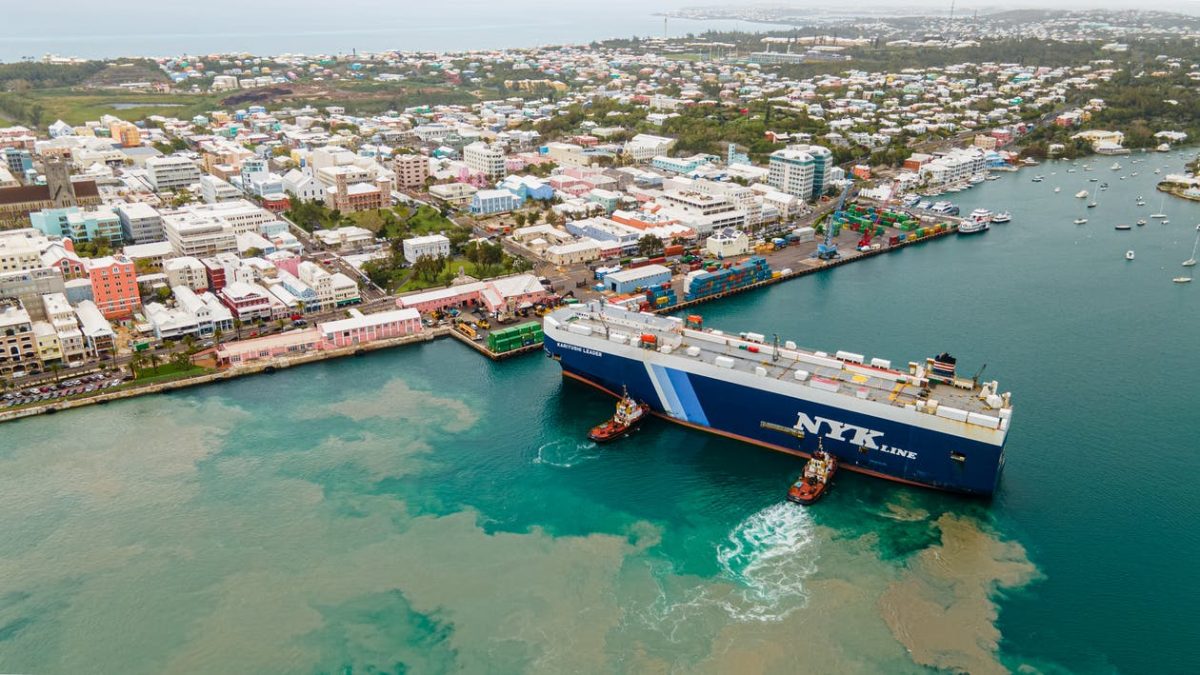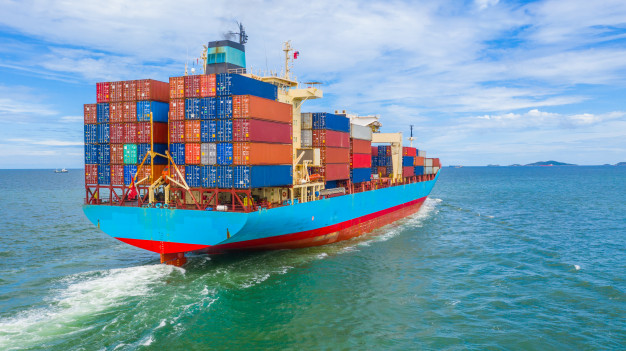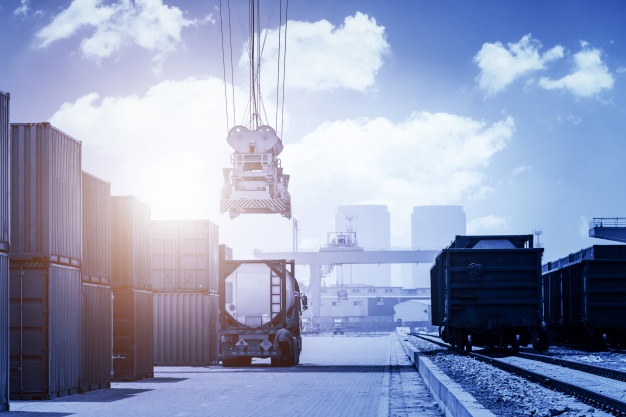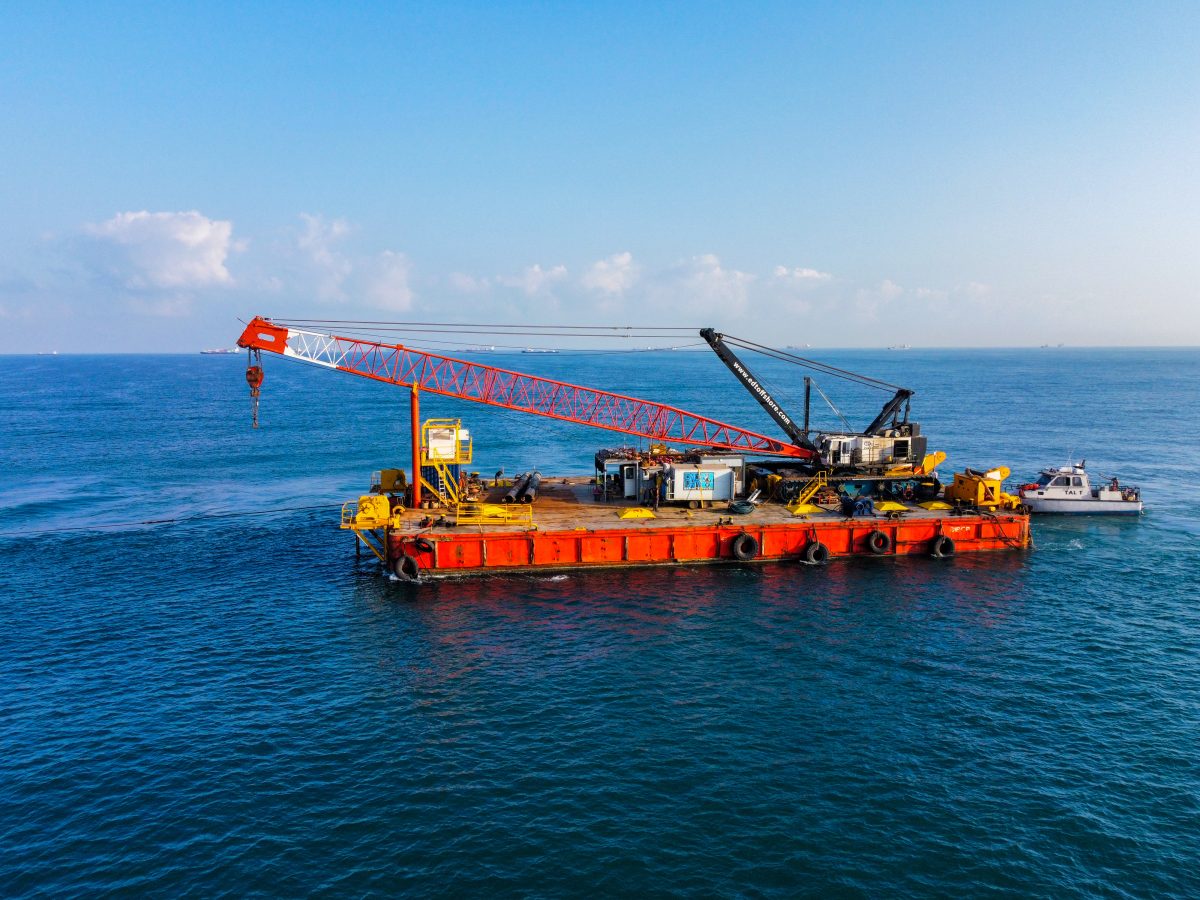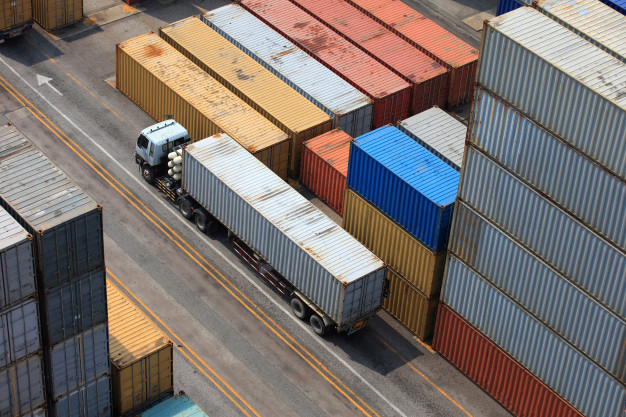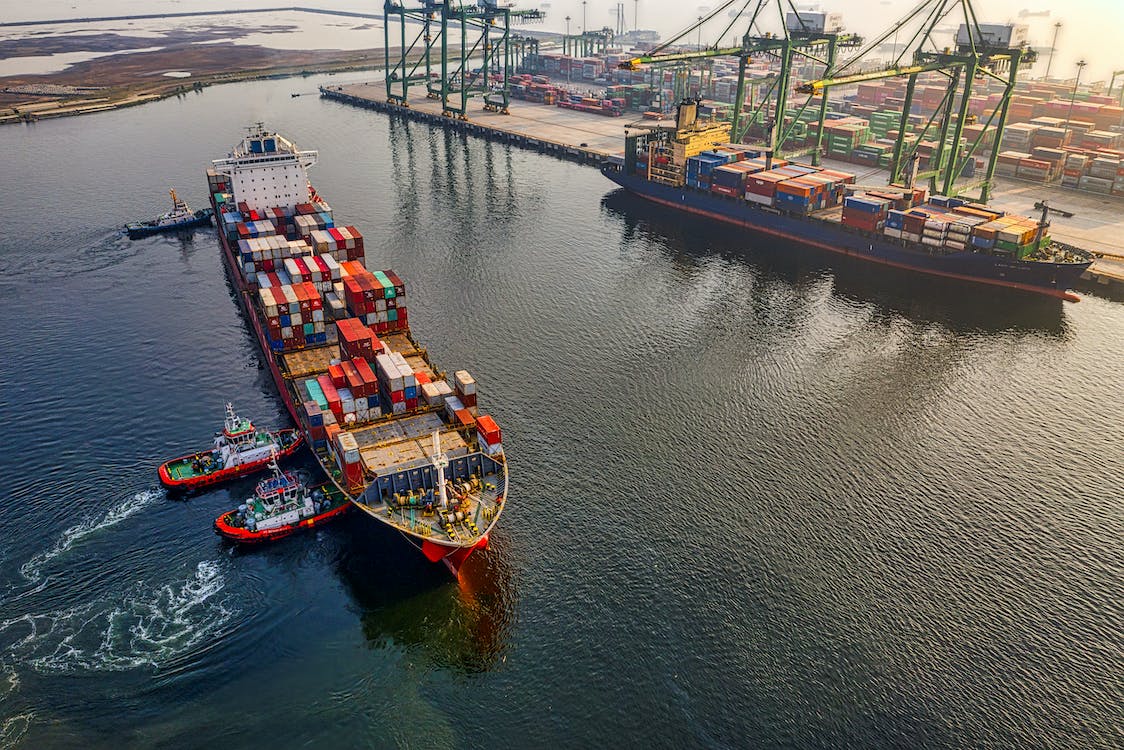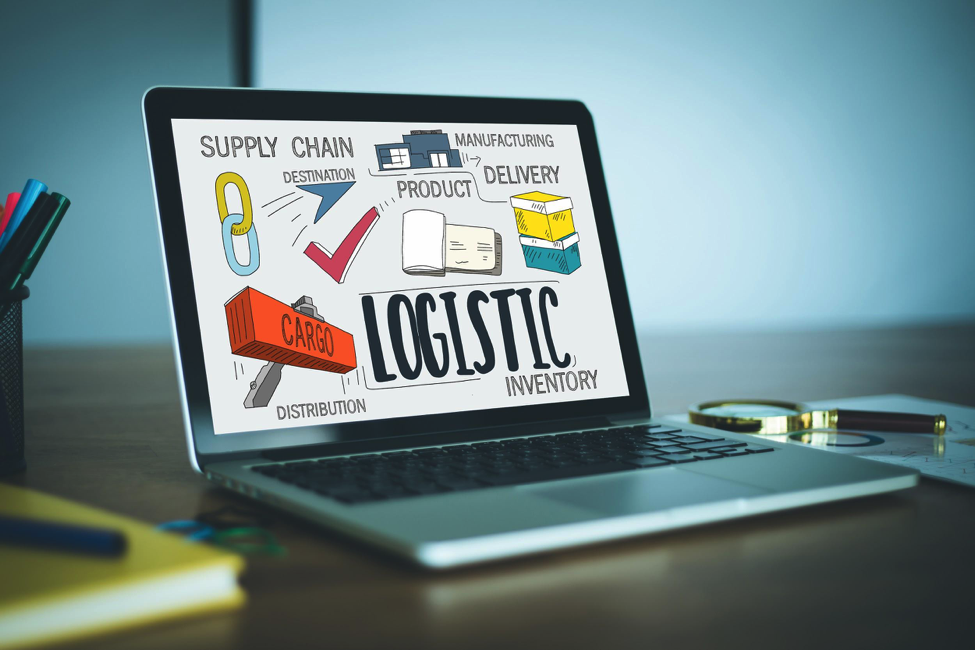Container Congestion in Singapore: How It Affects Worldwide Logistics?
Port congestion is considered the most compelling issue in the shipping industry today. It is a situation where ships experience backlogs while waiting to load or unload cargo due to overbooked capacity ports, leading container ships to berth instead.
This logistic concern has led to numerous concerns regarding supply chains, higher shipping costs, and major shipment delays.
In fact, Singapore, known as the world’s largest transshipment hub and the second-busiest port in 2023, is also exposed to and affected by container congestion, which disrupt operations and lead to lengthier transit times.
According to Chee Hong Tat, Singapore’s transport minister, the issue concerning Singapore port congestion has gotten worse as 90 percent of the container ships arrive off-schedule.
This Singapore congestion has been aggravated by the Red Sea Crisis, which prolonged the rerouting of vessels and ocean carriers between Asia and Europe and damaged global ocean shipping.
With this concern affecting not only Singapore but also worldwide logistics, various factors have been added to the list, which has generated huge impacts on the shipping industry and consumers.
Sources of Port Congestion
Weather Conditions
Severe weather conditions, like storms and rough seas, hinder the normal operations of shipping services. Given that cargoes and goods are transported out of the channel by sea, massive delays are possible, which could knock ports and customers off their feet.
Labor and Manpower Disputes
Port workers, such as truck drivers, dockworkers, port operators, and other staff members, are responsible for packing, unloading, document checking, cargo clearing, and cargo moving. Strikes, disputes, stoppages, and other job working conditions could limit and drastically slow down these services.
Poor Infrastructure and Equipment
Container congestion is largely caused when ports lack cargo handling equipment like chassis, and there is insufficient storage, container yards, and berths. Due to infrastructure deficiencies, major backlogs lead to the piling up of cargo and containers, which could lead to delays.
Demand Surges
The influx of imports and exports from the e-commerce market and platforms has become prevalent during the pandemic and continues to the present. The demand surges swamped the port’s capacity, causing service disruptions and container shipping traffic due to the large amounts of goods that needed to be transported.
Impacts of Singapore Congestion on Worldwide Logistics
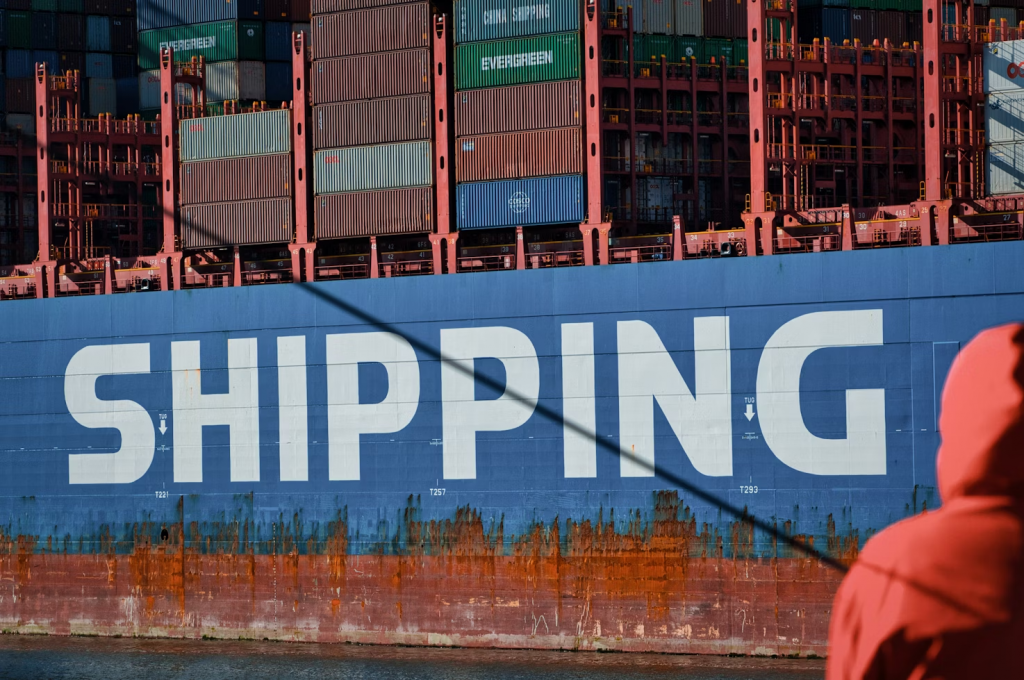
Major Delays
As shipping operations have been halted due to container congestion, a domino effect could spread throughout logistics. A supply chain crisis could emerge and cause longer transit periods, backlogs, and delays in shipping schedules, which will directly impact the consignees and consumers.
Generates Extra Costs
When a ship stays longer in port, the higher the costs and the driving of inflation. Singapore container congestion will not just cause significant delays in deliveries; this will generate extra fees for the consumer due to increased billing for port services and fuel usage. Higher freight rates for shipping companies are also possible; hence, this could lead to congestion surcharges.
Lost Revenue for Businesses
A small delay could lead to a huge disturbance. Congestion could also impact small businesses, causing them to lose revenue and income due to inventory delays, production discontinuance, and missed sales due to customer unsatisfied remarks.
How to Deal With Singapore Port Congestion?
It is essential to illuminate potential solutions that could be applied to avoid Singapore port congestion and future delays.
Thorough Planning
Through intensive and streamlined planning, delays, shipping methods, production schedules, and supply chain operations would be seamlessly solved and anticipated, lessening the impact of congestion.
Enhancing Port Infrastructures
As the shipping industry becomes increasingly relevant, meeting the demands also means expanding and enhancing the needed infrastructure. Having a larger capacity of ports and sufficient containers, berths, and storage will limit congestion.
Diversifying Routes and Logistics Network
Optimizing routes and searching for alternative gateways with larger capacity and low congestion levels are necessary. Finding alternative transportation should also be considered to ensure prompt delivery and freight assistance. In this case, it is also essential to look for a freight forwarder with a vast logistics network to handle delays and shipping issues professionally.
Conclusion
Although PSA Singapore claims to deal with shipping lines and freight services to minimize container congestion, it is still necessary to be aware of how the shipping industry affects global logistics and how it should adapt amidst the rising issue of port congestion.
Learn more by reading these articles:

